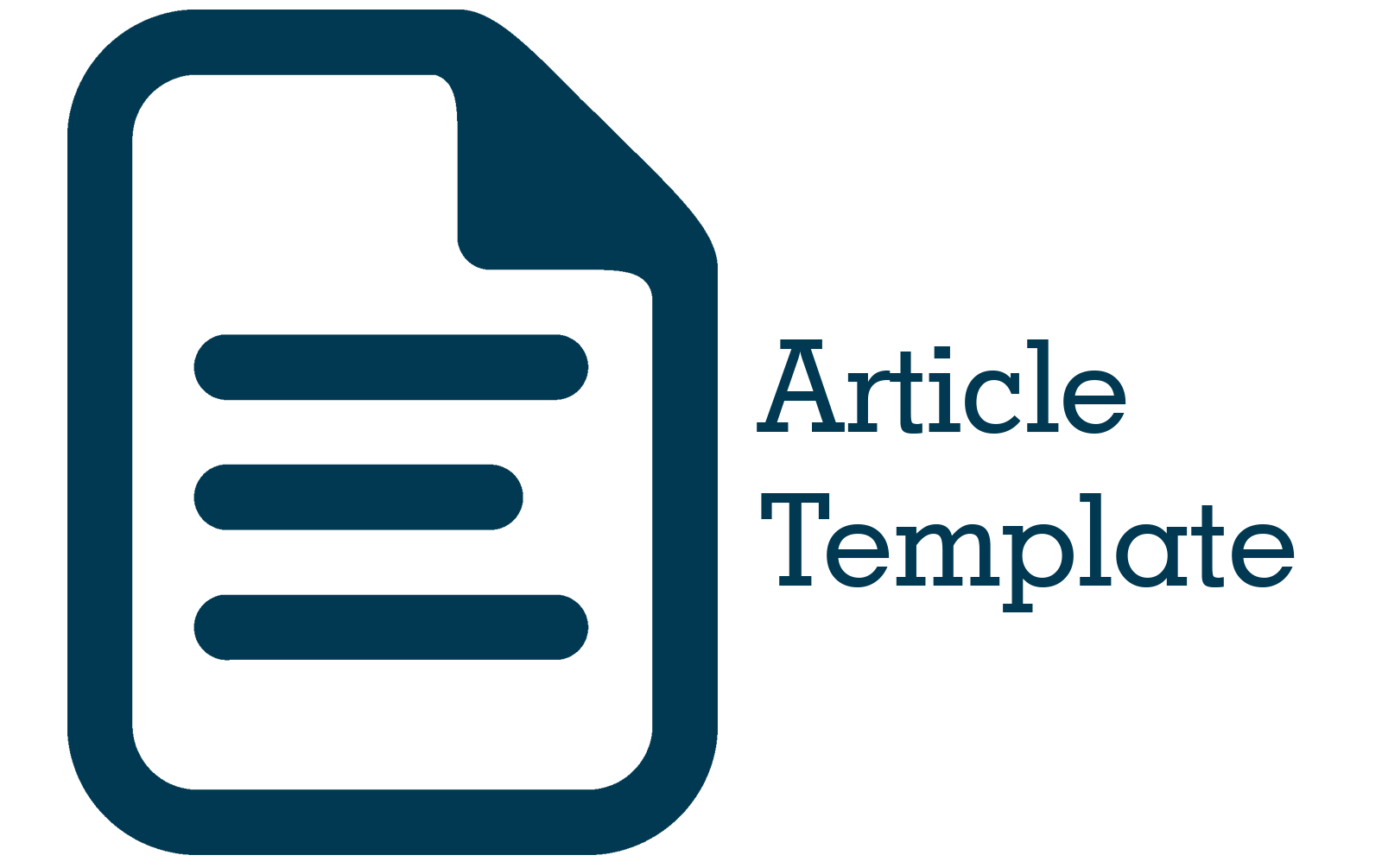Pengaruh Sektor Pariwisata Terhadap Pendapatan Asli Daerah Kota Bandung Tahun 2012-2021
Abstract
Abstract. The tourism sector contributes from hotel taxes, restaurant taxes, and entertainment taxes, so that these taxes contribute to government budget provision (PAD). However, the PAD of the City of Bandung has grown very slowly from year to year and even in a few years its growth has declined. This was due to a decrease in contribution from hotel taxes. In 2017, the hotel tax contribution was still recorded at 85.09 billion rupiah, but in 2021 the hotel tax contribution decreased fourfold to 22.6 billion rupiah. The purpose of this study is to see the influence and magnitude of variation from the tourism sector on PAD in the city of Bandung. The data used is time series data in annual data from 2012-2021 obtained from various related institutions, namely the Central Statistics Agency, the Ministry of Finance and other sources such as journals and research results. The analysis model uses Ordinary Least Square (OLS) with the classic assumption test which includes multicollinearity test, linearity test, normality test, heteroscedasticity test, autocorrelation test, T-test, and F-test. From the estimation results of the model, there are only 2 variables that significantly influence PAD in Bandung City, namely the number of tourists and the number of restaurants, restaurants and bars. Meanwhile, the number of hotel rooms and the number of working residents statistically do not affect Bandung City's PAD. The insignificant number of hotel rooms is caused by an oversupply of the number of hotel rooms which causes hotel room prices to fall and the obligation to pay taxes to decrease so that PAD decreases. The insignificant number of working people is due to the fact that some residents are unemployed or have low incomes and do not pay taxes so that the contribution to PAD is ignored.
Abstrak. Sektor pariwisata memberikan kontribusi dari pajak hotel, pajak restaurant, dan pajak hiburan, sehingga pajak-pajak ini ada berkontribusi pada pemberian anggaran pemerintah (PAD). Namun, PAD Kota Bandung dari tahun ke tahun pertumbuhannya sangat lambat bahkan dalam beberapa tahun pertumbuhannya menurun. Hal ini disebabkan karena turunnya kontribusi dari pajak hotel. Pada tahun 2017 kontribusi pajak hotel masih tercatat 85.09 miliar rupiah ternyata pada tahun 2021 kontribusi pajak hotel menurun empat kali lipat menjadi 22.6 miliar rupiah, ini menjadikan sektor pariwisata belum berkontribusi sebagai penopang dari PAD Kota Bandung. Tujuan dari penelitian ini adalah untuk melihat pengaruh dan besarnya variasi dari sektor pariwisata terhadap PAD di Kota Bandung. Data yang digunakan yaitu data time series dalam data tahunan dari tahun 2012-2021 yang diperoleh dari berbagai instalansi terkait adalah Badan Pusat Statistika, Kementrian Keuangan dan sumber-sumber lainnya seperti jurnal-jurnal dan hasil penelitian. Model analisis menggunakan Ordinary Least Square (OLS) dengan uji asumsi klasik yang meliputi uji multikolinear, uji linearitas, uji normalitas, uji heteroskedasititas, uji autokorelasi, uji-T, dan uji-F. Dari hasil estimasi model hanya ada 2 variabel yang secara signifikan mempengaruhi PAD Kota Bandung yaitu jumlah wisatawan dan jumlah restaurant, rumah makan, serta bar. Sementara, jumlah kamar hotel dan jumlah penduduk bekerja secara statistik tidak mempengaruhi PAD Kota Bandung. Tidak signifikannya jumlah kamar hotel disebabkan oversupply dari jumlah kamar hotel yang menyebabkan harga kamar hotel turun dan kewajiban membayar pajak menurun sehingga PAD menurun. Tidak signifikannya jumlah penduduk bekerja disebabkan adanya sebagian penduduk menganggur atau berpenghasilan rendah dan tidak membayar pajak sehingga kontribusi terhadap PAD diabaikan.
References
Kota Bandung Tahun 2012-2021









